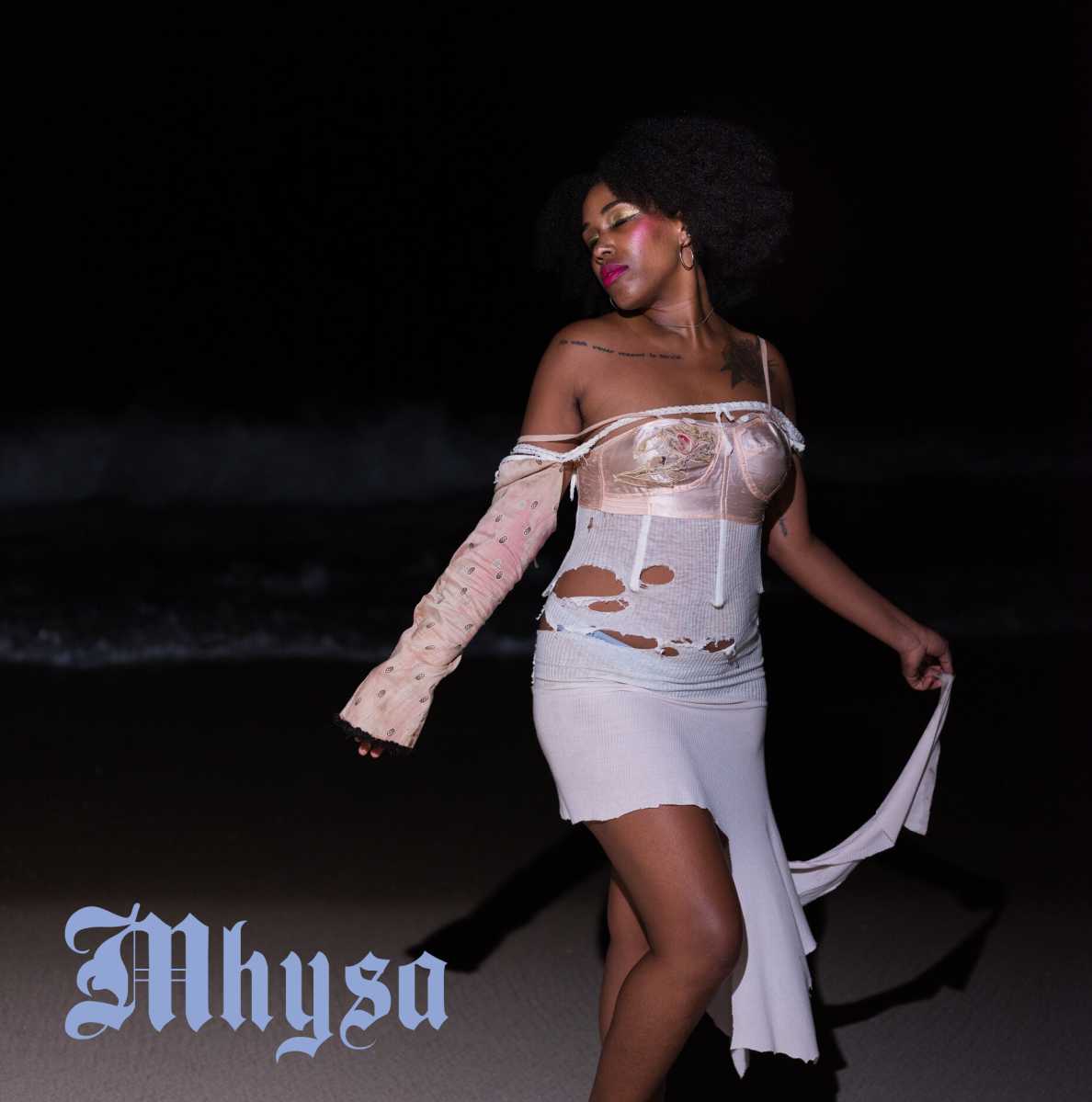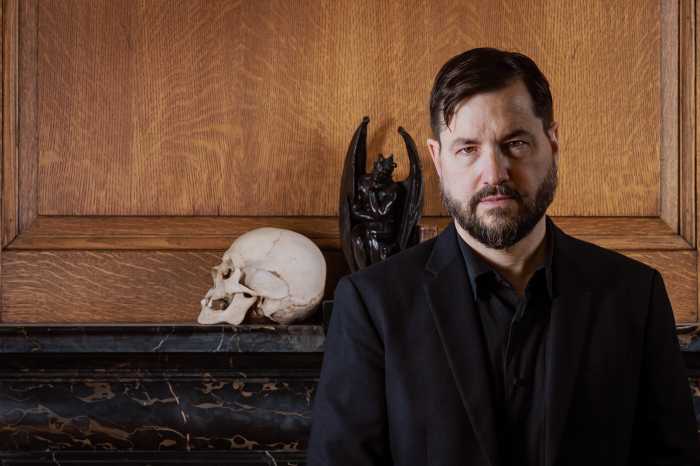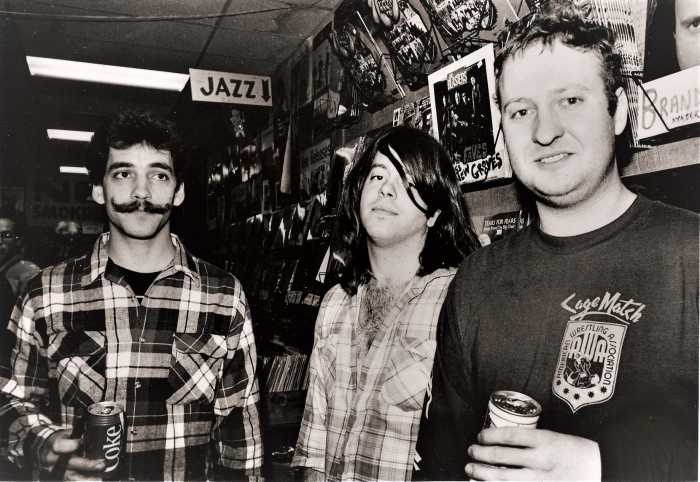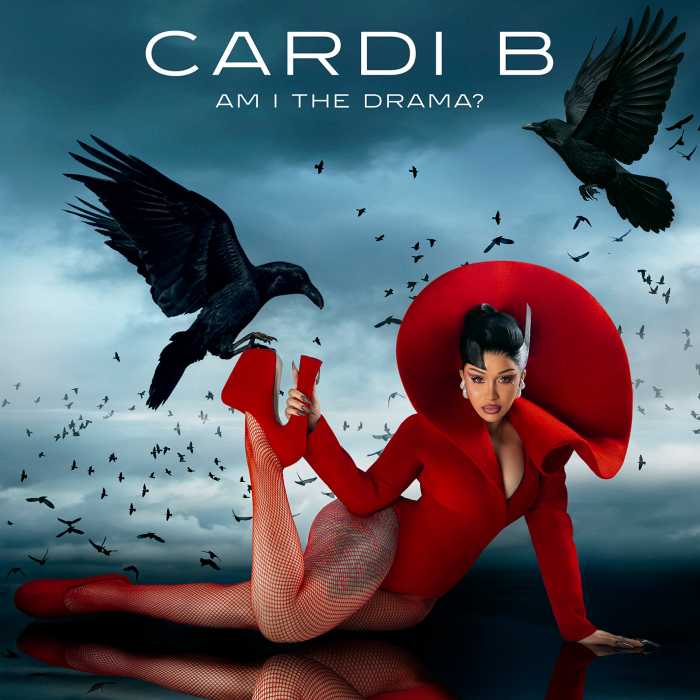On their second studio album “Nevaeh,” Mhysa relies on themself. The alter ego of multimedia artist E. Jane, their first album “Fantasii” took inspiration from Dante’s “Inferno” but imagined it as an ascent in a positive direction. Mhysa is a character, “a Queer Black Diva and underground popstar for the cyber resistance.” Jane’s project SCRAAATCH embraced noise, but Mhysa mixes those influences with the female R&B singers to whom they paid tribute in the 2017 exhibit “Lavendra.” Mhysa said that their “primary material is the Black woman’s voice (including my own.)” “Nevaeh” strips down their sound even further. It stands somewhere between the fragmentary pop of Solange’s “When I Get Home” and singer/ clarinetist Angel Bat Dawid’s iPhone-recorded jazz poetry.
After an opening skit, “Float” gets the album off to a wobbly start, with a minute’s worth of staccato keyboard stabs. “before the world ends” picks up with a homemade aesthetic. Their first sung lyrics on the album are “I just want to fuck to fuck,” as this song is an unabashed ode to the libido. But the full title is “I just want to come before the world ends.” As it develops, it shows off the anxiety behind that sentiment. The layers of instruments, including chiming electric piano, never fall smoothly into place. Dissonant samples fill out the mix. Even their own voice sounds out of place with itself. The sexual pleasure described in the lyrics seems more and more distant, with the apocalyptic feelings coming closer. The song describes sex as self-medication against despair more than pleasure.
“w me” takes the sentiments of Tweet’s “Oops (Oh My)” into more minimal production. The opening drum beat promises a pop song, but we don’t exactly get one. Instead, Mhysa sings about masturbating and getting stoned at home instead of seeking unfulfilling encounters with strangers at clubs. As with Tweet’s song, it works on more than one level: they sing, “I can tell I need me tonight,” with the chorus “I need a little time with me.” It describes an evening much deeper and more nourishing than staying at home to binge Netflix and chill. The production leaves space for Mhysa’s voice, as a simple programmed beat loops around for the song’s entire length.
The most inspired song title of 2020 — admittedly, the year is still young — “sad slutty baby wants more for the world” consists of a barrage of electronic static, with Mhysa singing “hoo-yeah” in the background. “ropeburn” picks up in the same mode, but with Mhysa louder in the mix. The tenderness of their voice, filtered through distortion and fighting to be heard over white noise, is moving. On a first listen, the lyrics are impossible to make out. It’s a lullaby for parents who like having kinky sex to Throbbing Gristle.
On both of their albums, Mhysa reinterprets classic Black music. Their first album ends with a cover of Prince’s “When Doves Cry.” “Nevaeh” includes a two-part version of the gospel standard “When The Saints Go Marching In” and a rendition of Lauryn Hill’s chorus from Nas’ “If I Ruled the World.” They strip the machismo away from the original song by taking out Nas’ three verses, told from the perspective of a conflicted drug dealer, and renaming it “breaker of chains.” Through heavy echo, Mhysa preserves the hope of the original song’s chorus, singing, “if I ruled the world, I’d free all my sons/ I’d love ‘em, love ‘em, baby/ Black diamonds and pearls” over and over again while playing a tambourine.
“Sanaa Lathan” is as close as Mhysa comes to conventional pop, finally expressing a lust that can be fulfilled. It has the album’s most fleshed-out arrangement, with a piledriver of a keyboard riff. “brand nu” turns pop heartbreak inside out, with a backing track based around chimes, violin, and tuned percussion and Mhysa singing, “You should feel lucky that I choose to love you.”
Mhysa describes “Nevaeh” as a safe space for Black women and femmes, but the comforting tone of their voice comes at a cost. Song after song wraps loving sentiments beneath a prickly coating. Its optimism is hard-won. On “no weapon formed against you shall prosper,” which quotes the Lord’s Prayer, they sing “tenderness comes from pain.” But this album never becomes assaultive even at its noisiest. With minimalist production, Mhysa’s voice guides the listener away from the stress it describes.
E. Jane opens their studio at Studio Museum 127 in Harlem to the public on February 29 from 1 to 4 p.m. at 429 W. 127th St. This preview of their work in progress is free and open to the public.
MHYSA | “Nevaeh” | Hyperdub | Drops Feb. 14 | hyperdub.net/collections/mhysa


































